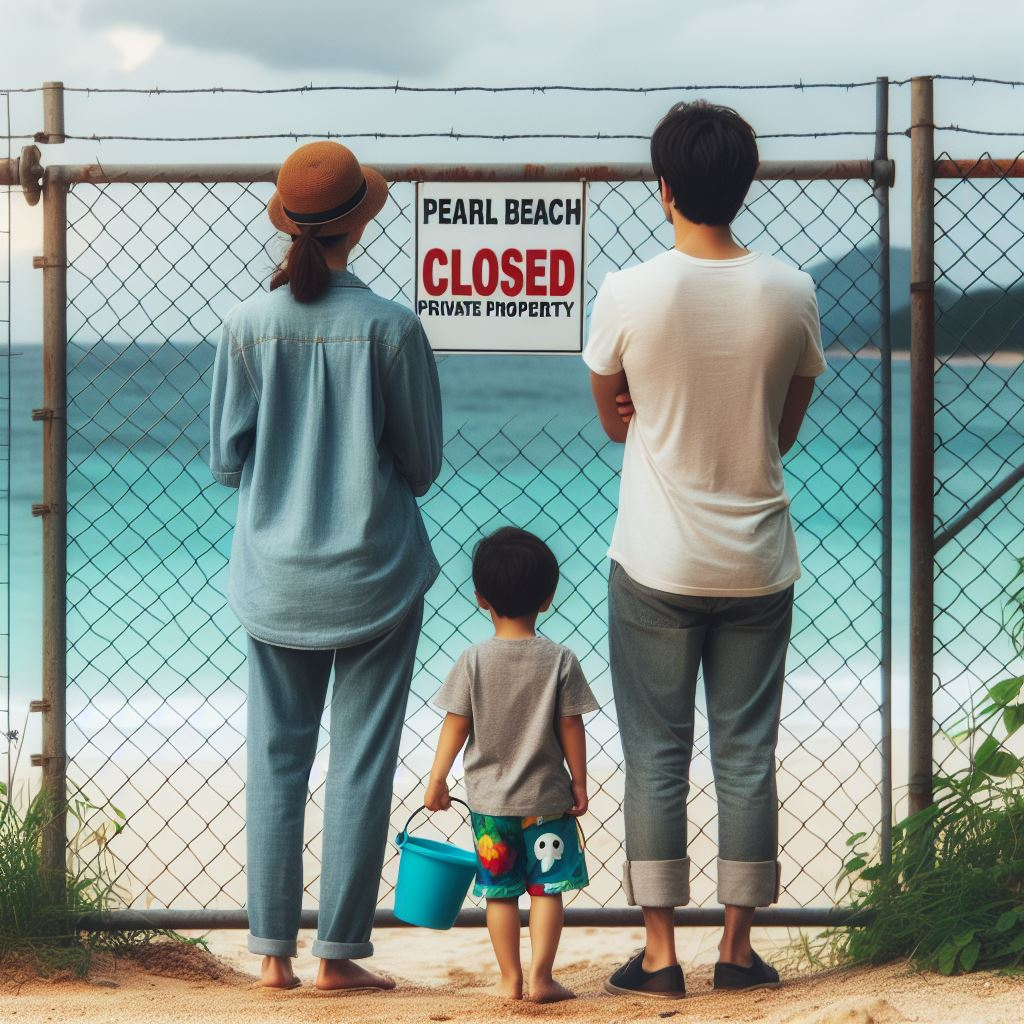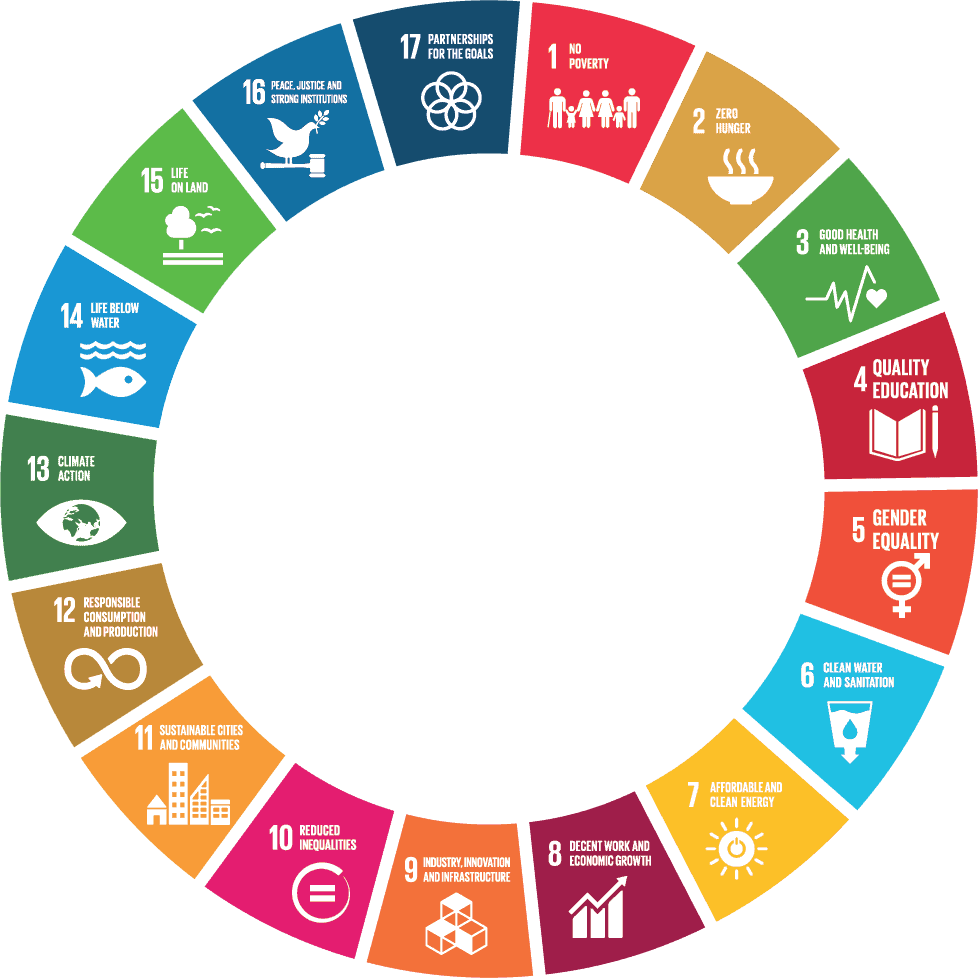[Article commentary by James Quilligan, EDA managing director:]
What is the new normal dawning upon us as a result of COVID-19? Can we think in large enough terms to understand this crisis and adjust to the new reality?
Jeremy Lint, a cultural historian, explains how the Coronavirus has broken open the so-called Overton window, the “limited range of ideas considered acceptable for mainstream political discussion”. In his blog, Coronavirus Spells the End of the Neoliberal Era, Lint explains why everything is on the table now for debate.
Yet, he wonders, do we fully realize that this is a watershed moment for humanity and our relationship with Earth? In response to this crisis, we are forced to ask ourselves: What comes after economic globalization? Is a new Depression inevitable? What can we learn from history? Are we heading into a world of resource rationing controlled by autocratic governments? Is there a future for democratic participation? How shall we address the climate crisis in the midst of this chaos?
Lint explains how the present epidemiological/economic crisis may lead to a world of greater social equality and ecological sustainability through local economies — if we can only figure this out soon enough. Indeed so. Many of us agree that there is no other alternative than to transform the existing system because all of the conflicting factors in the world are symptoms of an interwoven whole that is profoundly out of balance and rapidly breaking down.
But this destruction is occurring because so few of us see the world existentially rather than through ideological lenses. We are all called upon now to embody a new worldview of Unity. We must fathom the deeper meaning of this crisis. We must become Big Picture Activists doing our regenerative work in the place where we live, simply and dutifully performing the job that each of us has come here to do for the benefit of others.


